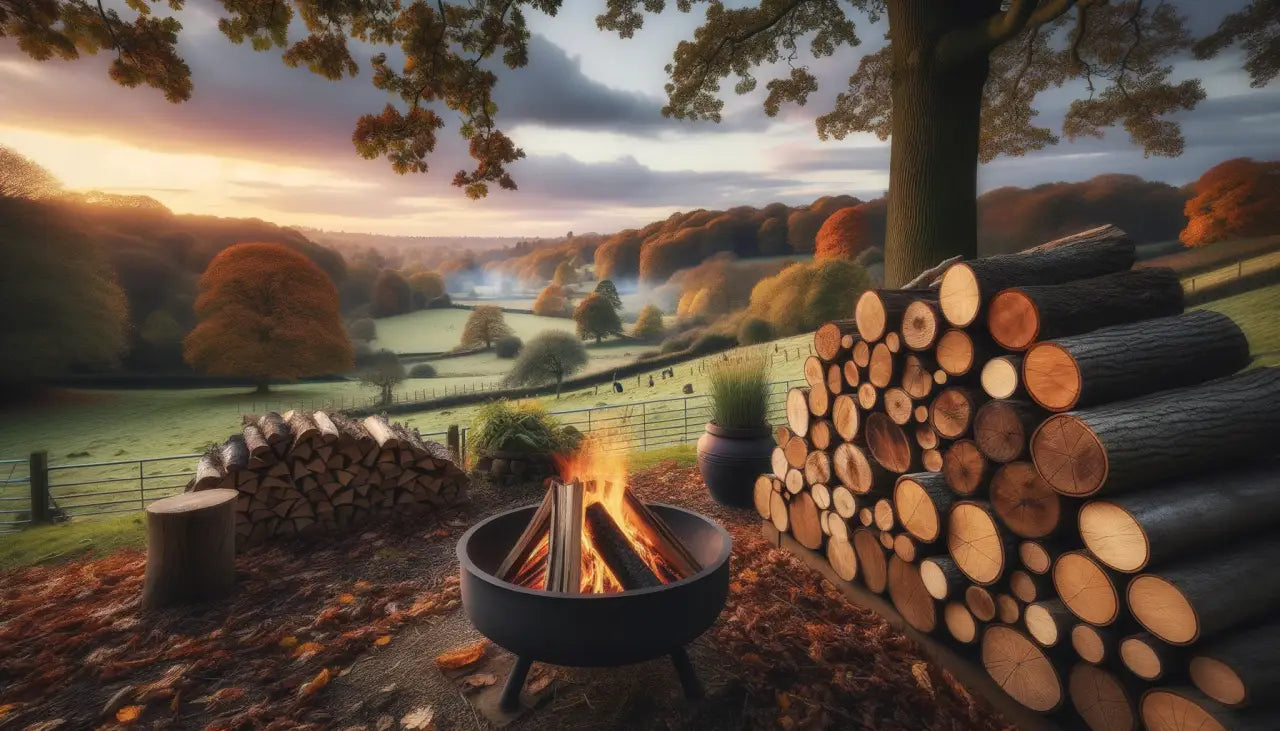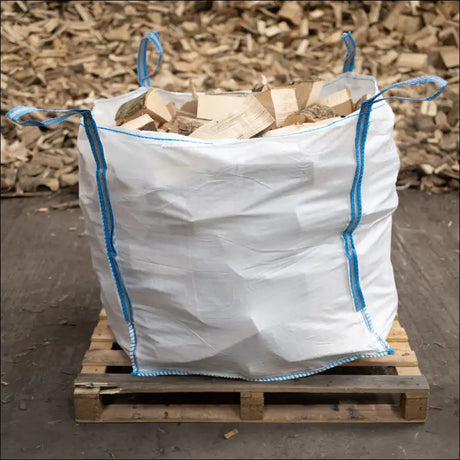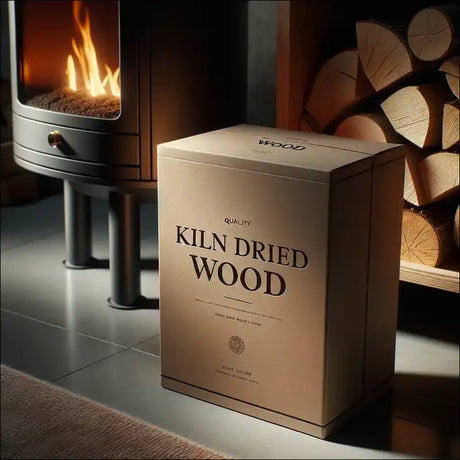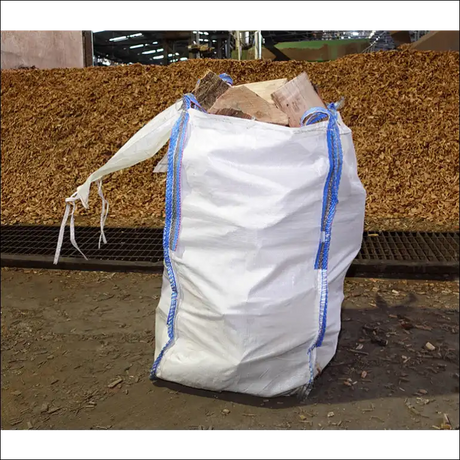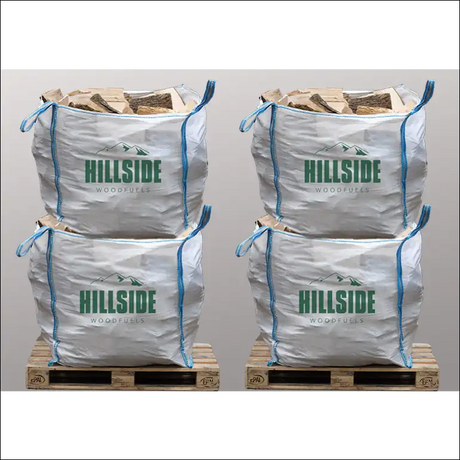As an inhabitant of the modern world, there's a myriad of things to worry about. Climate change, the economy, whether you should have watched one more episode of your favourite Netflix series last night (we've all been there). But one question you probably never thought you'd be contemplating is - can firewood be too dry?
Well, fasten your seatbelts, because we're about to delve into the depths of this burning question (pun intended). To provide a glimpse into what's ahead, the simple answer to the query is - yes, firewood can indeed be too dry. But as with any great mystery, the devil is in the detail.
The Problem with Overly Dry Firewood
To understand why overly dry firewood is a problem, let's take a stroll down the science lane. You see, when wood is too dry, it burns at a higher temperature. This might sound like a good thing initially - after all, who doesn't want a roaring fire? However, the truth is that burning kiln-dried wood at too high a temperature can lead to a raft of issues.
When wood burns too hot, it increases the risk of a chimney fire. Chimney fires are serious business - they can cause damage to your property and, in worst-case scenarios, even lead to loss of life. This risk is especially high in older properties where the chimneys may not have been designed to handle the intense heat produced by overly dry wood.
Moreover, burning overly dry wood can also lead to environmental concerns. High-temperature fires produce more pollutants, contributing to air pollution.
Spotting Overly Dry Firewood
Now we know that overly dry firewood is not ideal, the next question is - how do you spot it? One of the main indications is that the wood burns with less smoke. Smoke is produced when there is moisture in the wood, causing it to smoulder rather than burn cleanly. If your firewood is burning with minimal smoke, it could be a sign that it is too dry.
Another sign is that the wood cracks and splits more than usual. This is due to the lack of moisture, which makes the wood brittle and prone to cracking.
Balancing Moisture Levels
So, what's the ideal moisture level for firewood? The consensus among experts is that the moisture content for optimal burning is between 15% and 20%. Wood with this moisture content will burn efficiently, producing a steady heat and less smoke.
To achieve this balance, firewood is usually kiln-dried for a specific period. This process removes excess moisture, leaving just the right amount for a good burn. But if left too long in the kiln, the wood can become overly dry.
The Verdict
In the grand scheme of things, worrying about your firewood being too dry might seem like a small concern. But remember, small flames can start big fires - both literally and metaphorically.
So, next time you're preparing for a cosy night in front of the fire, take a moment to consider your firewood. Is it too dry? Is it burning too hot or with too little smoke? If so, it might be time to reconsider your firewood sourcing and opt for wood that has been kiln-dried to the optimal moisture content.
Remember, the goal is to create a fire that is safe, efficient, and environmentally friendly. That's not too much to ask, is it?
For more information on obtaining the best firewood, check out our kiln-dried logs collection or browse through our burning questions. With the right firewood, you can enjoy a warm, cosy fire without the worry of it being too dry.
So, to answer the question - can firewood be too dry? - yes, it can. But with a little knowledge and the right wood, you can avoid this problem and enjoy your fire to the fullest.
Happy burning!

